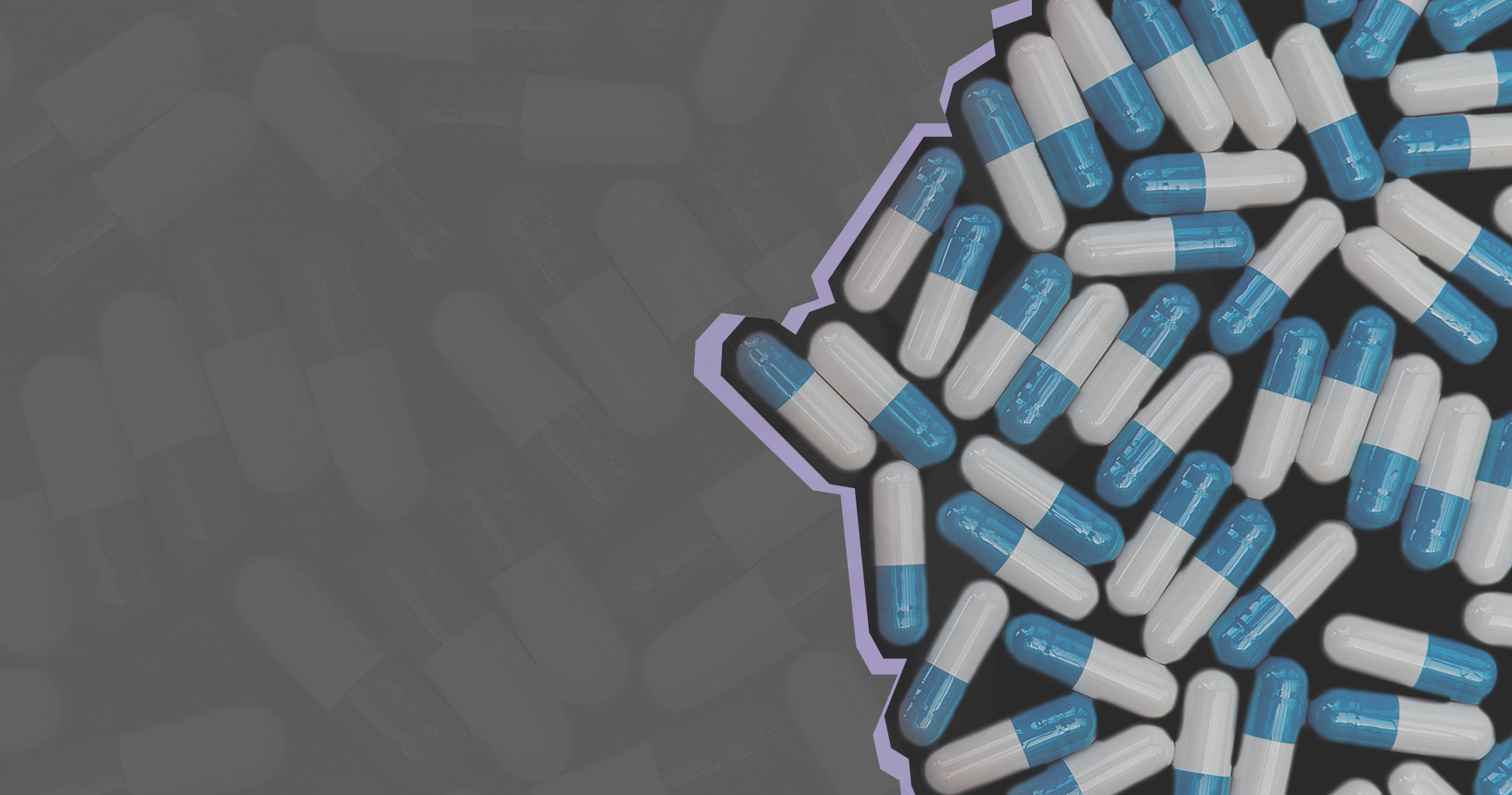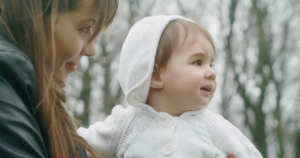This video by the charity Change Grow Live gives Carl, a former heroin and crack addict, a chance to tell his own story of recovery. It’s worth watching as Scotland reflects again on the enormous human cost drug addiction.
What was to become Change Grow Live was set up in Sussex in 1977 by a group of magistrates who kept noticing the same people coming back to court – those who, after leaving prison, had no home to go to, and ended up re-offending. The magistrates bought a house to give people leaving prison some accommodation and some stability. There they saw the impact of drug and alcohol abuse in the cycle of offending and homelessness and decided to see if they could help.
This process of learning from people has continued; the charity says that its priority is the individual person who walks through the door – their physical health, mental wellbeing, lifestyle and relationships. The same process of observation and learning led them to involve service users to shape and develop the project. For example, one such person who began working for the charity suggested that peer support workers were included in police custody rooms, so that people who had just been arrested could speak to somebody who had been through a similar experience.
In the video, Carl talks about the first time he went to see the charity – crawling, not walking in, as he puts it.
“The first thing that initially sticks in my mind is that first interaction I had in the reception….it was with a peer mentor who came up to me in the reception and spoke to me and asked me about my life and what I needed and the reasons I was here. He made me feel really welcome and I remember leaving and having that little glimmer of hope.”
Carl was then offered the opportunity to volunteer, and work full time for the charity.
“Here’s somebody who came through the doors as a service user, and became a volunteer and is now a paid employee. I was so thankful that they were willing to put the trust in me and give me the opportunity to move forward with my life.”
A similar story was told on STV news on Monday evening by Linda, who was given a 3-month placement with NHS Lothian’s recovery programme, LEAP, to help with her own addiction, and who then – like Carl – took a job with the group supporting other people with addiction.
“I could relate to the patients because I had been there and I started to think I was good at something….I have to pinch myself to be at college, going to work with a psychology team, it feels like a proper job. It’s exciting.”
It is naïve to think that every person with an addiction will end up having a similarly happy story to tell to tell but these case studies do offer a few lessons for Scotland as the call goes up, again, for something to be done.
These actions typically centre on politicians and their latest catch all headline grabbing solution – whether it’s forcing drug users to sweep the streets, decriminalising Class A drugs, or devolving powers to Holyrood so we can open drug consumption rooms – solutions which vary from the actively damaging, to counter-productive, to only partially useful.
The stories told by Linda and Carl are a reminder of the people involved in this social tragedy, and how they themselves – their stories, backgrounds and social circumstances – are, or should be, at the centre of the fight against drug abuse, as partners not passive recipients of care. Surely Change Grow Live is right to point out that services must be focussed first on finding a human connection – “the glimmer of hope” – that shows somebody on drugs that there is a life that’s worth living drug-free. It’s telling that both Carl and Linda have found purpose working for the very organisations that supported them out of addiction. It turns out that they, like most of the rest of us, cherish and prize a sense of meaning and dignity. No medicine is available to supply this.
It raises the issue of how we help people rehabilitate and recover. In a recent blog, Dr David McCartney, chair of the Scottish Government’s Rehab Working group, and the lead clinician on the LEAP project put it nicely. Rehab will often only play a “relatively small part” he notes, in a person’s recovery journey. But it is still important; the best way to think of it is that “if recovery is the journey from Edinburgh to London on the train, detox is equivalent to calling the taxi and rehab is the taxi ride to the station.”
So, while we should not over-egg the impact a 3 month residential rehab programme might have, surely we should also be asking why it remains so hard for people with addictions in Scotland to access “the taxi ride to the station”. As Dr McCartney told STV news, LEAP is increasing capacity and is reducing its waiting list, “but without increased resources”. Similarly, according to Annemarie Ward, chief executive of Favor UK another charity which supports rehab, the extra funding promised by the Scottish Government for rehab has so far led to the grand total of two extra rehab beds in Glasgow. If we’re not helping people start their journey, what chance will they have of completing it?
Carl and Linda’s story offer hope and throws open a question to us. Is drug policy just about stopping people dying from their addiction? About making sure that the annual number of drug deaths that causes the Scottish Government such embarrassment goes down a little? Should we all go home content if we can reduce drug deaths to fewer than 1,000? We can do that, I’m sure. But shouldn’t it be something deeper – about helping people to change, grow and live? About offering a glimmer of hope, and a life of dignity and worth? It will be harder to measure on a chart, but surely worth the effort.





